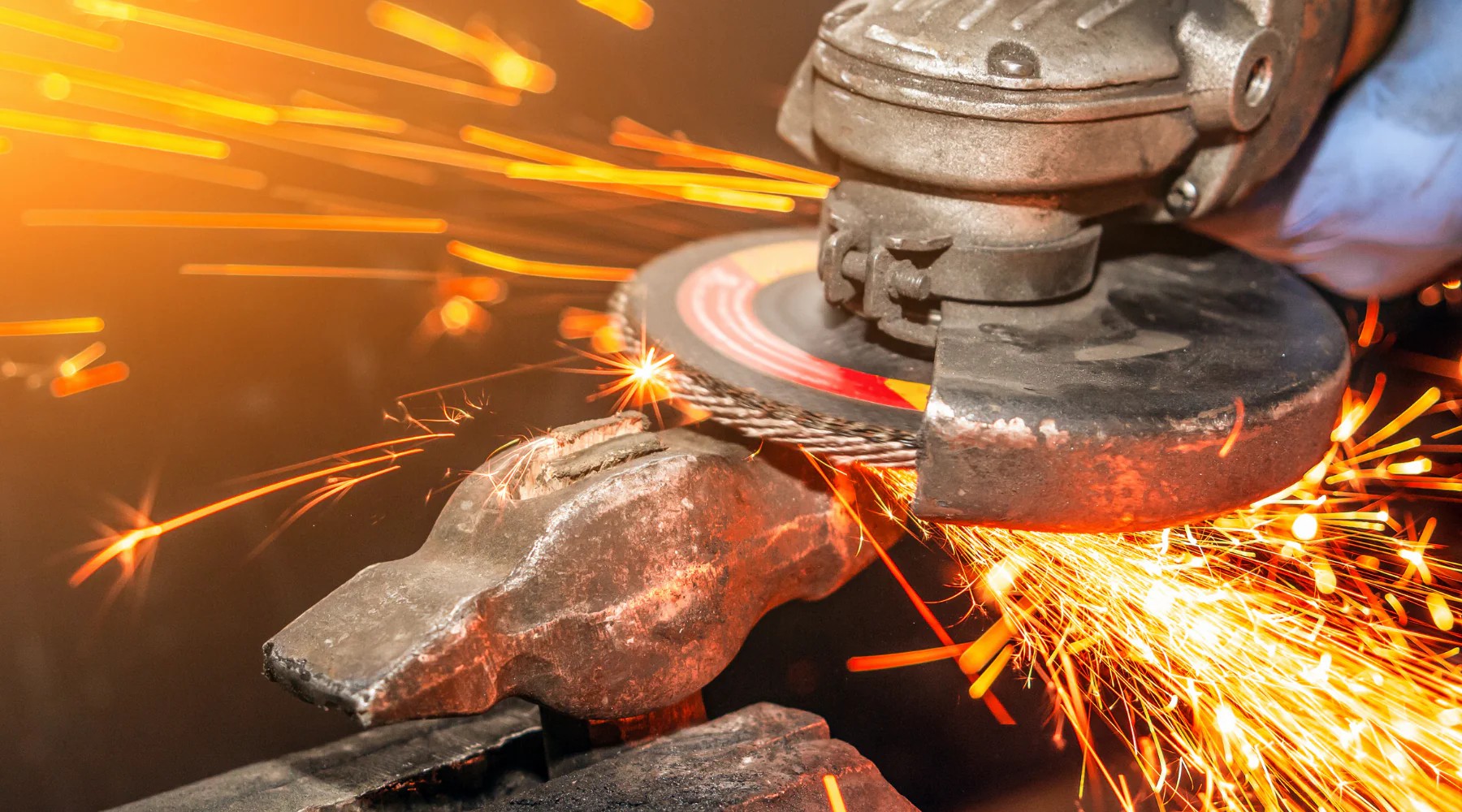The Essential Guide to Abrasive Wheels: Varieties, Uses, and Safety Considerations
Abrasive wheels are indispensable tools in various industries, including manufacturing, construction, and automotive repair. Understanding the different types of abrasive wheels, their applications, and associated risks is crucial for safe operations. This comprehensive guide will delve into the types of abrasive wheels, their uses in Dublin, Cork, Galway, and beyond, and the importance of proper training and certification.
Types of Abrasive Wheels
Abrasive wheels are broadly classified based on their uses:
- Grinding Wheels: These are used for grinding and cutting hard materials. They are available in various shapes, sizes, and abrasiveness levels, making them suitable for specific applications.
- Cutting Wheels: Designed for cutting metal and other materials, cutting wheels are essential in metalworking and construction industries.
- Polishing Wheels: Used for finishing surfaces to achieve a smooth, shiny finish, these wheels are common in automotive and woodworking applications.
- Flap Discs: Multi-layered discs perfect for surface grinding and finishing, they provide a smoother finish than traditional grinding wheels.
- Diamond Wheels: These are used for cutting and grinding hard materials, especially in stone and concrete applications.
Abrasive Wheels Applications
Abrasive wheels have numerous applications across industries:
- Manufacturing: Essential for shaping, grinding, and cutting materials.
- Construction: Used for cutting concrete, metals, and roofing materials.
- Automotive: Helpful for machining, grinding, and polishing auto parts.
- Jewelry Making: Perfect for precision cutting and polishing of intricate designs.
Specific Risks Associated with Abrasive Wheels
While abrasive wheels are useful, they also come with risks:
- Wheel Breakage: A sudden fragmentation of an abrasive wheel can pose severe injury risks. Proper inspection and maintenance are critical.
- Overheating: Excessive heat generated during operation can lead to wheel failure and accidental burns.
- Improper Mounting: Incorrectly mounted wheels may lead to wobbling and eventual breakage, presenting serious hazards.
- Flying Debris: When cutting or grinding, debris can be hurled unexpectedly, posing potential injury to operators and bystanders.
Importance of Training in Handling Abrasive Wheels
Proper training is paramount to ensuring safety and compliance with Irish regulations:
- Abrasive Wheels Training in Dublin: Workers in Dublin can engage in hands-on training programs designed to enhance understanding of equipment and best practices.
- Abrasive Wheels Certification Ireland: Certification proves proficiency and ensures that operators are knowledgeable about safety practices.
- Abrasive Wheels Courses in Cork and Galway: These training sessions focus on real-world applications and safety measures crucial for daily operations.
- Online Courses: Flexible training options are available for remote learners seeking certification.
Conclusion: Enrolling for Certified Abrasive Wheels Training
Ensuring workplace safety while using abrasive wheels starts with understanding their types, applications, and risks. Proper training and certification in regions like Limerick, Waterford, and other cities across Ireland are vital for compliance with safety regulations. Don’t compromise on safety—consider enrolling in a comprehensive certified abrasive wheels training course today.
For inquiries or to schedule your course, contact us at [email protected].



 349,500 Offered Certificates
349,500 Offered Certificates
 24/7 Online Training
24/7 Online Training
 Money Back Guarantee
Money Back Guarantee
 Fully Accredited Courses
Fully Accredited Courses
